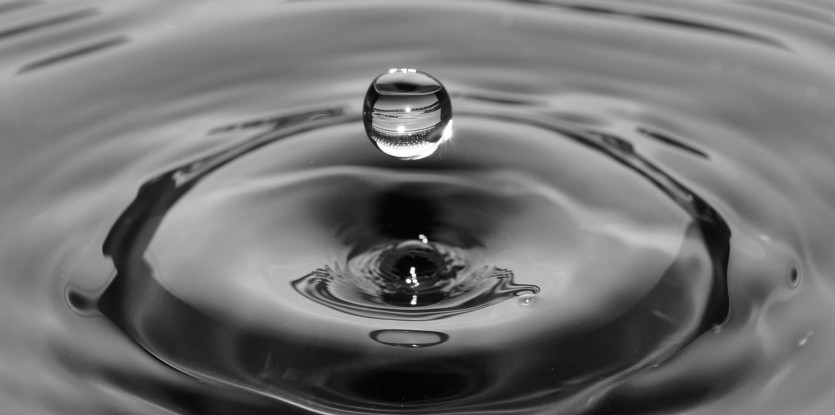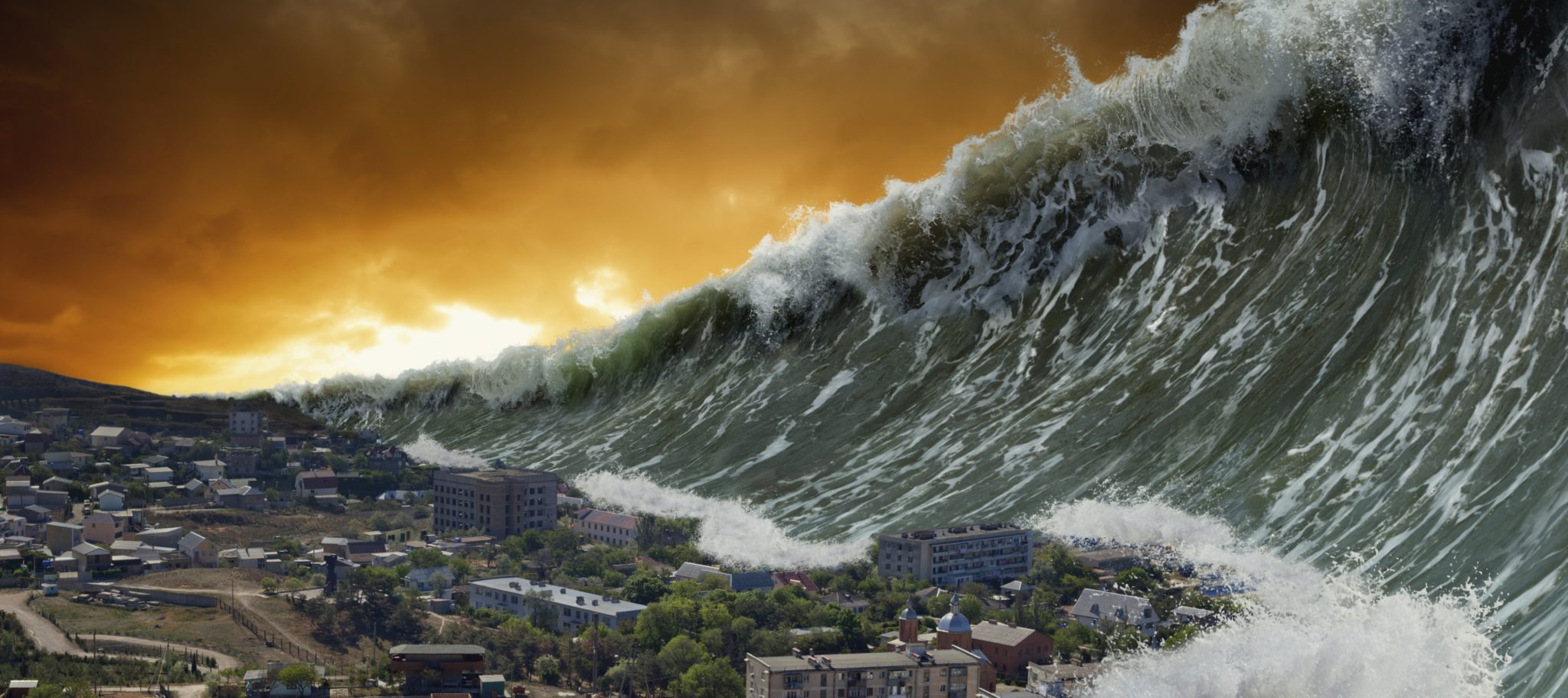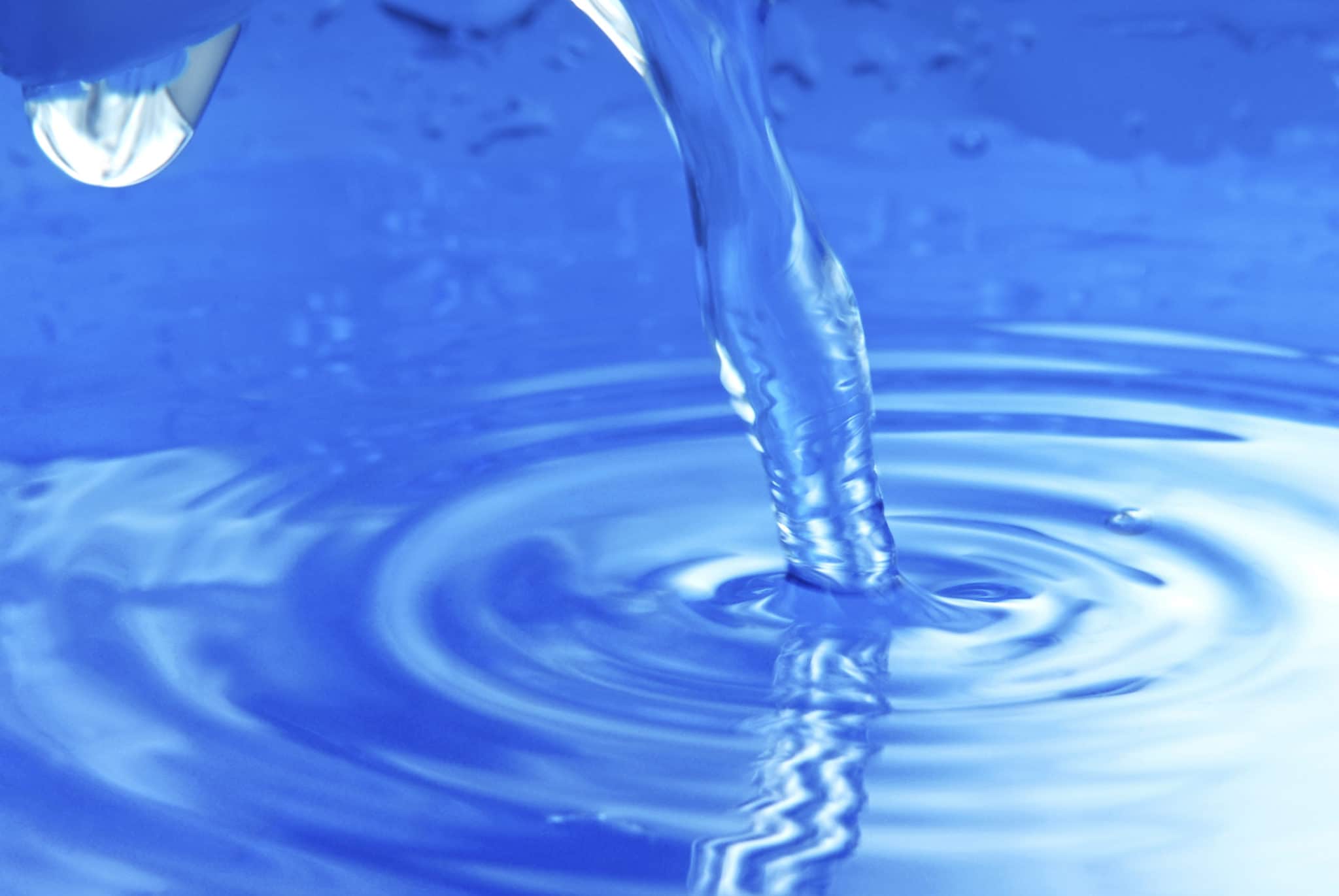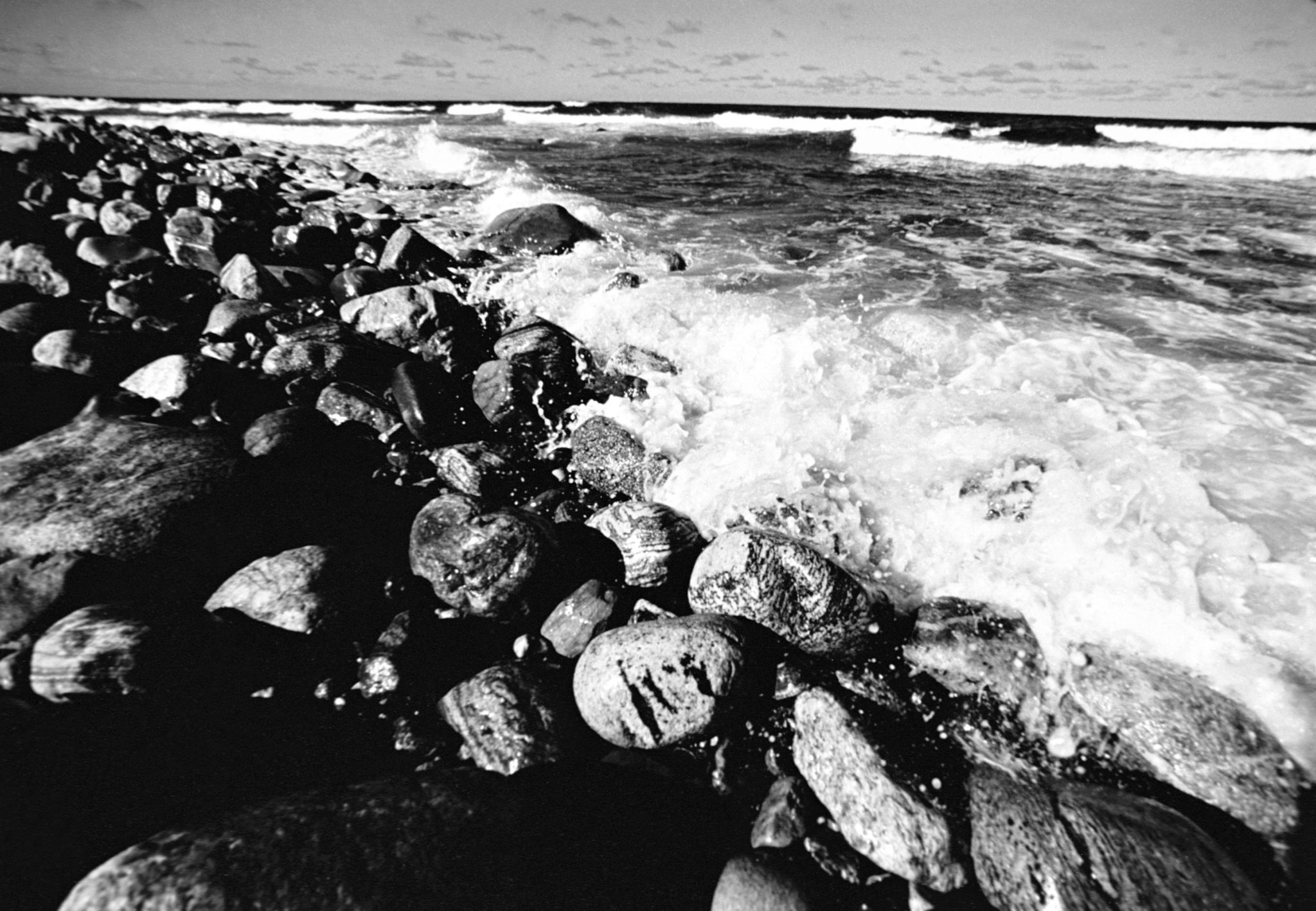Diary of a World Traveller
Off the coast of the U.S. Virgin Islands
Thursday, January 17, 2002
Parshat Bo
Looking out at the turquoise-blue waters of the Caribbean on the shores of S. Thomas, I think about Moses.
Moses? Yes, Moses.
Moses has this fascinating relationship with water. His first – and most formative – days were spent in a basket on the waters of the River Nile off the coast of Egypt, where his mother placed him to hide him from the Egyptian executioners. Later Moses strikes the Nile and turns its waters into blood. Several other plagues originate in the water. After leaving Egypt Moses parts the waters of the Re(e)d Sea. He passes away on the banks of the River Jordan, where he is laid to rest in an unknown place.
Indeed, he is named Moshe because he was ‘drawn from water.’ What a strange name to give the G-dliest man that ever lived! Moses was placed on the water only to protect his life. Why should that episode – a one time event that happened long ago – be immortalized in Moses name?!
Clearly more is going on here than meets the naked eye. And that is precisely the significance of water, and therein lies its mystery.
Water – the sea – represents, ‘the hidden worlds.’ Land is the ‘revealed worlds’ (using Kabbalistic terminology). On the human microcosmic level, water and land is thought and speech, or the conscious and unconscious. Thought and speech are two forms of language, but with major distinctions. When you think, the intense waters of ideas submerge the form and shape of language, whereas in speech the ideas are not as intense, hence the letters and words of speech take on tangible form.
This also explains why Moses was a ‘man of no words.’ Moses soul originates from ‘the hidden worlds’ of water, the intimate world of the unconscious, which is more profound and intense than any words of land can express. [Moses’ burial place is unknown on Earth for the same reason, ‘below it appeared as though he was above and above it appeared as though he was below’].
But for this exact reason Moses brings the Divine Torah to Earth. Precisely because Moses is a ‘man of no (land) words’ and is a ‘water man’ on Earth, he is able to draw from the inner worlds, and bridge and express the language of the Divine and communicate it to the land people. And it is the words of Moses, the ‘man of no words,’ that are remembered forever (‘these are the words that Moses spoke’).
Moses’ association with water goes even farther. Though his soul comes from the ‘hidden worlds,’ Moses did not live in a spiritual oasis, he lived on Earth, in Egypt. Indeed, soon after birth, the water in which he was placed was the River Nile, the idol of the Egyptians! And he was put there to prevent him from being killed due to Pharaoh’s decree to murder all newborn males. The very idol of Egypt comes to protect the one who would destroy this idol.
One must wonder how young Moses was affected by the fact that his very first days on Earth were spent not in his mother’s arms, but in the arms of … the River Nile. What was shaping this child’s psyche as he lay among the river reeds, listening to the sound of water rather than his mother’s lullabies.
What we do know is that this empowered Moses with the ability to serve as G-d’s messenger to redeem the Israelites from the harsh Egyptian oppression. In order to free a people from human captivity, especially one that is controlled by Egypt, superpower of the world (where ‘even one slave could not escape’), we must have a power that comes from something beyond human. “A prisoner in fetters cannot free himself.” A land person cannot free himself from a trap created by land people.
Moses, being a ‘water man’ coming from a higher world, was able to ultimately dominate Pharaoh and Egypt and free the Israelites. And because Moses spent the beginning of his life on Earth in the Nile River and was saved and redeemed from there, he had the personal experience that allowed him to later free the Jewish people from the idolatry of Egypt.
Water Today
As I sit over the water, I think of Moses.
I think of how the formidable seas and oceans are so often associated with awe and fear. How they humble the greatest of men and man-made creations. The Titanic has become a symbol of this humility.
Land always seems so safe. That’s where we built our homes. We know how to navigate land. We have tamed the wilderness, learned to protect ourselves from the elements, built great edifices. We are proud of our land – our lands, countries, states and cities.
Water has always been the strange place – the dark depths of the unknown.
Yet, we are always drawn to water. Beachfront property, swimming, boating. We are drawn to our source. Yet, at the same time terrified of it. And we run to land for cover, for refuge.
Land and water, exile and redemption, comfort zones and truth, denial and reality – these are the poles we continuously negotiate. Fluctuating between the comfort of our status quo and the discomfort of our transcendental restlessness is the story of our lives. What will it be: a life of comfortable oppression (Thoreau’s ‘life of quiet desperation’) or uncomfortable freedom?
Land has always seemed safe and water dangerous. When things were difficult at sea, we always looked forward to reaching the peaceful shores.
Land, Real Estate – the permanent commodity – has always been our source of security.
But then came September 11th…
With all the chaos and upheaval on land, I feel how water is quite a respite. With all the confusion and uncertainty, we must reach back into water – into the Moses within us – to access greater strength, to transcend the space we are in and reach a higher place.
And when we do, we must draw it down, into our daily land life.
Life on land can be difficult. We see that now. Yet it gets a little easier knowing that we have protective waters surrounding us. I wonder if it would give us more comfort if 2/3 of Earth were land and 1/3 water… It also seems worthwhile mentioning that over 90% of the human body is comprised of… water (not land).
Water always seems so awesome, so frightening.
Yet never have I felt the comfort of the sea as I do today.
Perhaps the sea is the safest place on Earth after all.








Comments are closed.